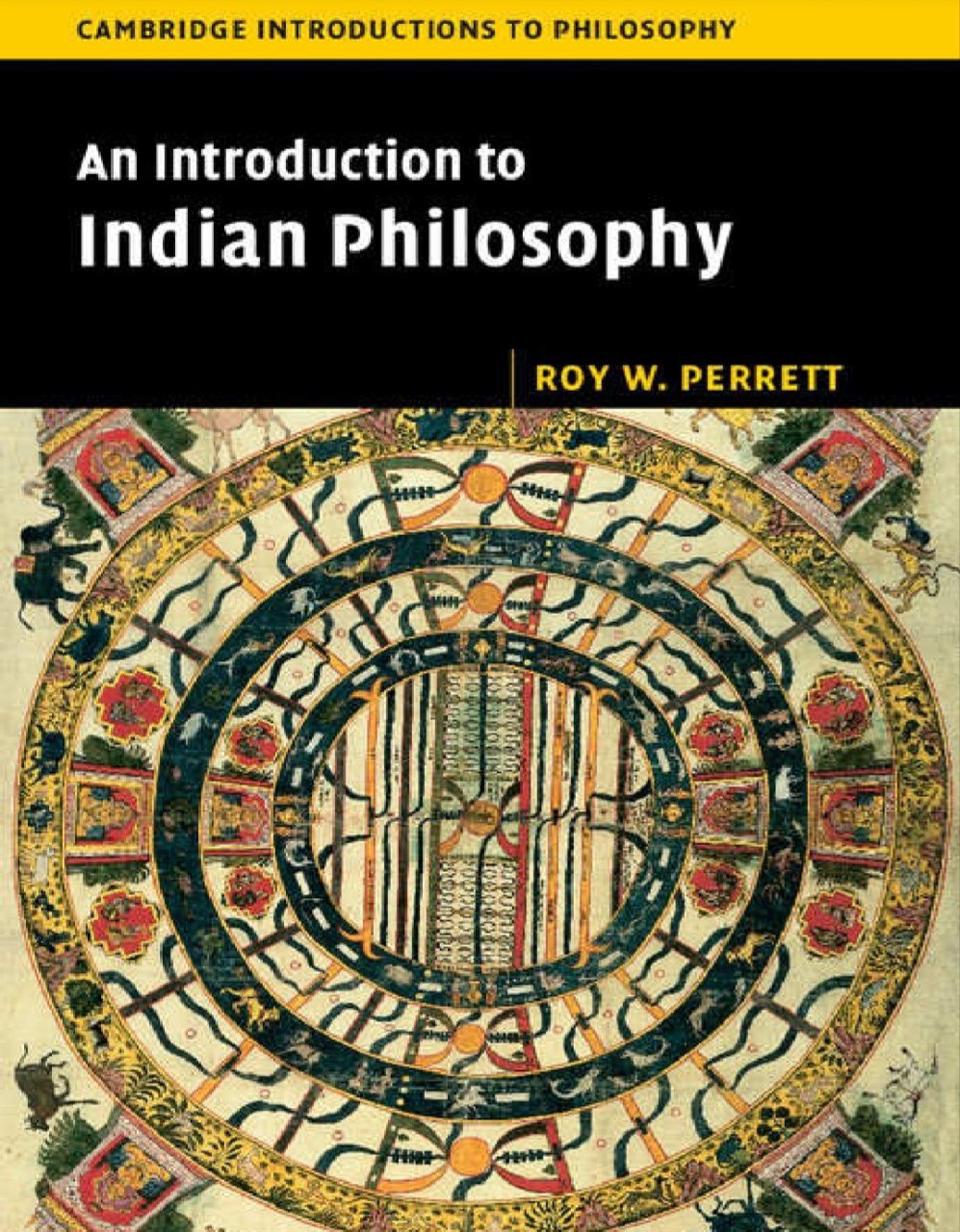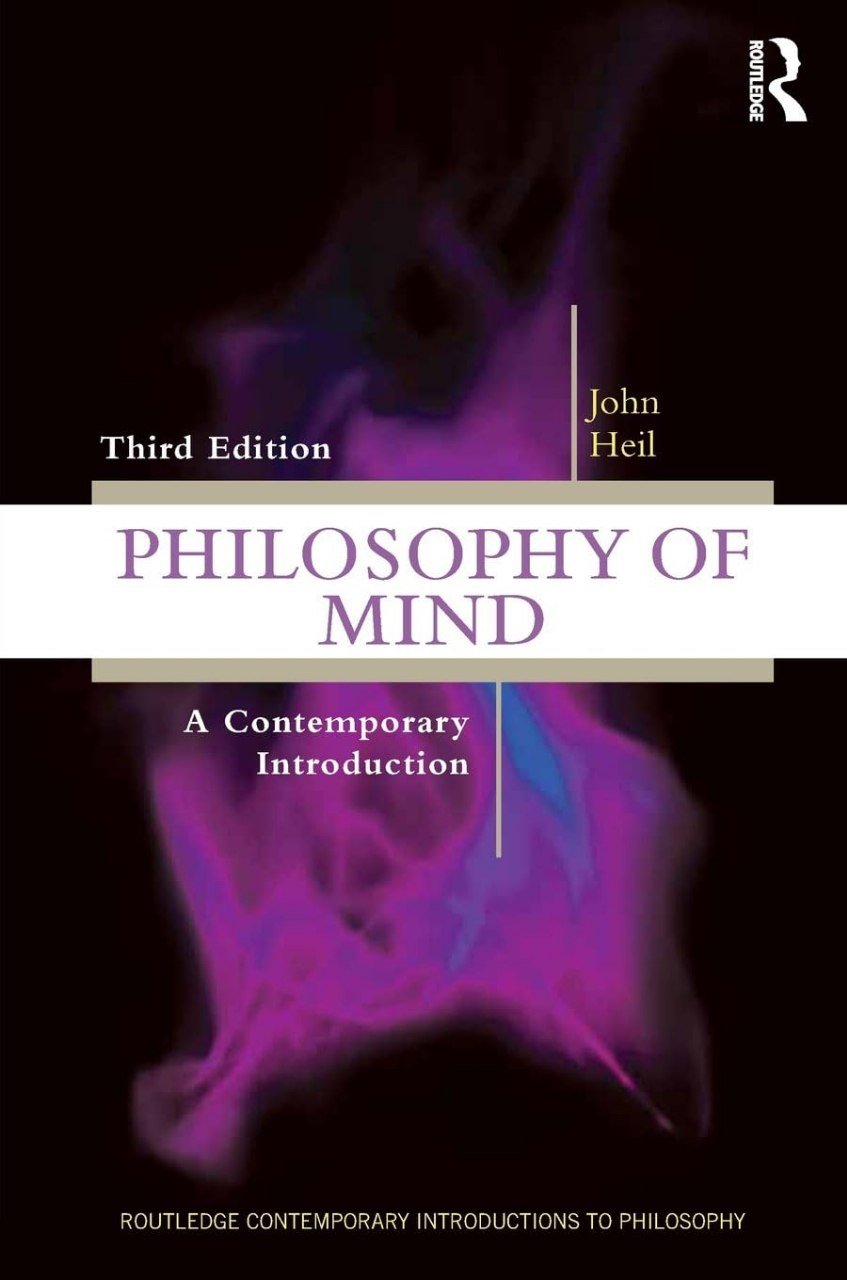

Elements of a Philosophy of Technology by Ernst Kapp
Reviews
No review yet. Be the first to review this book!
Description
Elements of a Philosophy of Technology by Ernst Kapp is a groundbreaking work that lays the foundation for the philosophical understanding of technology, long before it became a mainstream area of inquiry. Written in the mid-19th century, Kapp's work is one of the earliest to engage deeply with the idea that technology is not merely a set of tools, but a fundamental aspect of human existence and thought. Kapp’s central thesis is that technology is an extension of human faculties and a product of human imagination, shaped by our needs and desires. He argues that the development of tools and machines is not simply a process of practical invention but is deeply tied to human nature and the broader cultural, social, and metaphysical dimensions of life. For Kapp, human beings do not just create technology; rather, they project their own bodily functions and mental capacities onto the world through the objects they design. The book is structured around the concept of Organismus, where Kapp explores the idea that human inventions mimic or reflect the functions of the human body. For example, he compares the development of technology to the human senses, claiming that tools such as the wheel, the lever, and the compass are analogous to human organs like the hand, the eye, and the mind. This idea is rooted in a concept he calls techné, the human capacity for productive and transformative work, which extends human capabilities and alters the world around us. Kapp’s work also touches on the relationship between technology and metaphysics, considering how technological advancements are shaped by underlying philosophical principles. He views technology as part of the unfolding of human history and its intellectual development, arguing that it embodies the continuous expansion of human understanding and expression. Elements of a Philosophy of Technology is an early attempt to give technology a philosophical grounding, suggesting that the creation of technology is a way of externalizing the human spirit. Kapp’s ideas prefigure many of the debates that would later become central to contemporary philosophy of technology, particularly the ways in which technology shapes human existence, affects our understanding of nature, and influences society. His work is a significant precursor to later thinkers such as Heidegger, who also explored the essence of technology and its impact on human life.






















.jpeg)
.jpg)


.jpeg)





.jpg)




.jpg)








.jpeg)

.png)







.jpeg)
.jpg)









.jpg)

.jpg)










.jpeg)








.jpg)
.jpg)
















































